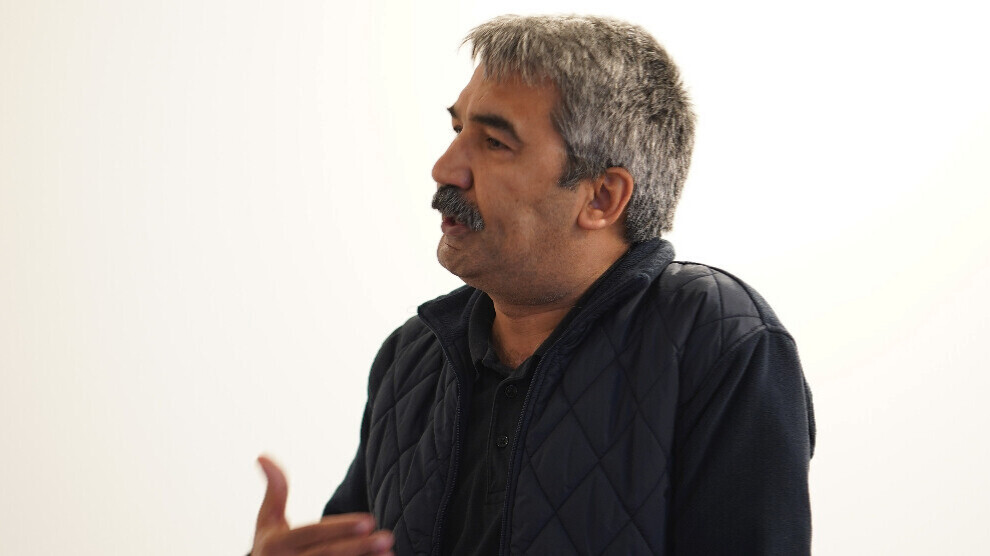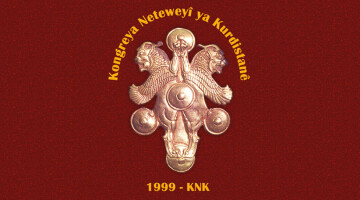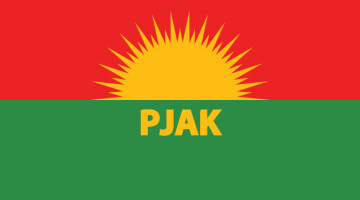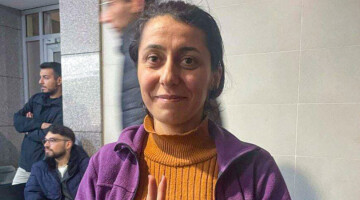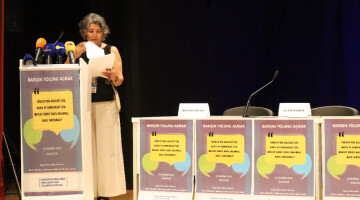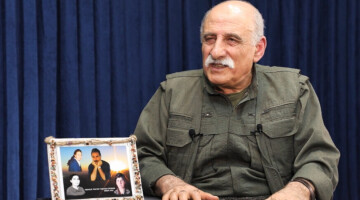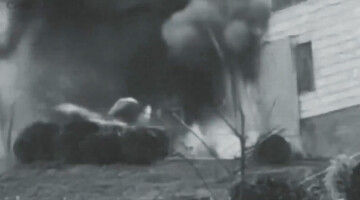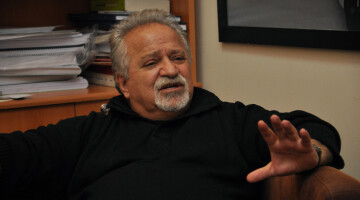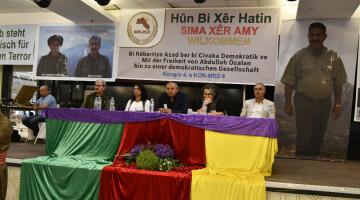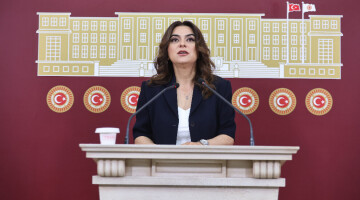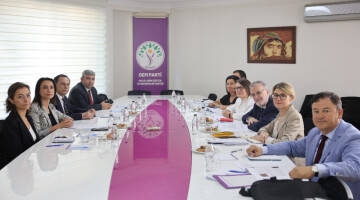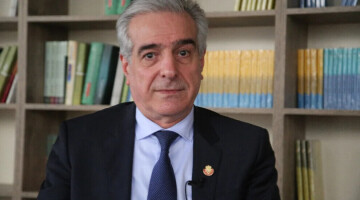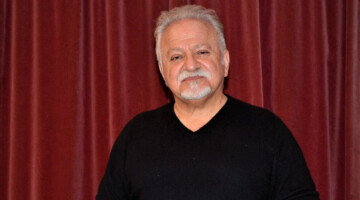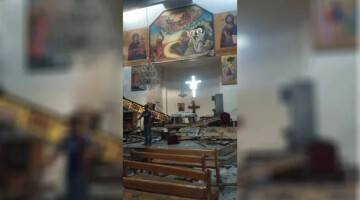An event on the PKK ban entitled “The PKK Proceedings Before the European Court of Justice – Reasons, Results and Possibilities” took place at the Democratic Kurdish Society Center in Berlin. Journalist Muhammed Kaya and lawyer from MAF-DAD e.V. (Association for Democracy and International Law), Mahmud Şakar, spoke at the panel moderated by Mazlum Karagöz from NAV-Berlin.
Karagöz explained that the attacks and the criminalization of the Kurdish freedom movement in Europe and especially in Germany could no longer be accepted. The PKK ban, which has been in place for 28 years, must finally end.
Journalist Muhammed Kaya spoke about the PKK ban in the context of European-Turkish relations and said: “In the bipolar world order that had emerged after World War II, Turkey wanted to be part of the western block. It sent soldiers to the Korean War to please NATO. In 1959, it applied for membership. The Ankara Agreement was signed in 1963. Today's relations between Turkey and the EU are based on this agreement. Relations were severed after the 1980 military coup and regained some ebb and flow in 1983. In the relations between Turkey and the EU, the fulfilment of the Copenhagen criteria in the areas of politics, economy and law is in the foreground. Turkey was granted candidate status at the Helsinki Summit in 1999.
1999 was an important year for the Kurds because it was the year of the international conspiracy against Kurdish representative Abdullah Öcalan. In 2005, Turkey started accession negotiations with the EU.”
Şakar: "Europe must deal with the concept of terrorism"
Mahmut Şakar paid tribute to Jina Mahsa Amini, who was murdered by the Iranian moral police, and greeted the resistance in Iran and East Kurdistan. He called on Europe to deal with its concept of terrorism and recalled that in 2016 the European states turned a blind eye to the most serious Turkish crimes, such as the murder of well over a hundred people in the "death basements of Cizre". At least 178 people who had sought shelter from artillery fire died in the so-called death cellars of Cizre. The cellars were blown up by tanks or petrol was poured into them and those trapped were burned alive.
Şakar criticized the fact that the democratic activities by Kurds are criminalized under German terror paragraphs 129 a/b. This is illegal. At the same time, he recalled that the PKK ban and the persecution of Kurdish associations in Europe and Germany began when the killings and enforced disappearances by the Turkish state had reached their peak.
The PKK was added to the EU list of terrorist organisations in 2002 during a phase of ceasefire and attempts to initiate a peace process.
Şakar said: “The PKK has not yet been included in the United Nations terror list. The inclusion of the PKK on the list of terrorist organisations during the phase of demilitarization and withdrawal of the PKK is another product of this policy. But the people know that the PKK is waging a just fight for the Kurdish people and represents the Kurdish people.”
The decision to put the PKK in the list of terrorist organisations is regularly declared illegal by the European Court of Justice. However, these decisions have no consequences, as the EU authorities re-list the PKK every time.

